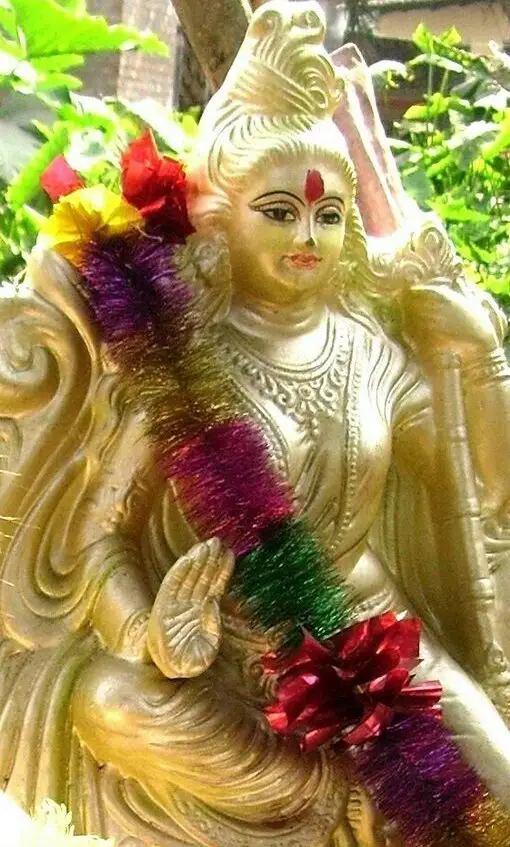Blessings in Hinduism
Hinduism, one of the oldest religions in the world, places great importance on blessings. Blessings or Ashirvad, as they are known in Hinduism, are considered to be a divine gift from the gods and goddesses. It is believed that blessings bring good luck, prosperity, and happiness in one’s life. In this article, let’s delve deeper into the significance of blessings in Hinduism, and how they have impacted real-life situations.
Understanding the Significance of Blessings in Hinduism
Blessings hold great significance in Hinduism, as they are considered a divine gift. In Hinduism, it is believed that blessings come from the gods and goddesses, and they bring good luck, prosperity, and happiness. Hindus believe that blessings are not just for materialistic gains but are also for spiritual growth. Blessings are an important aspect of Hinduism, and they are sought after in various religious ceremonies and festivals.
Blessings are known as Ashirvad in Sanskrit. The word Ashirvad is derived from two words, “Aashu”, which means quickly, and “vardate”, which means to increase. Ashirvad is a way to seek the blessings of the gods and goddesses, and it is believed that they bring good luck and happiness in one’s life.
In Hinduism, blessings are sought after in various religious ceremonies and festivals. For example, during the wedding ceremony, the groom’s family seeks the blessings of the bride’s family. This is done by performing a ritual known as Kanyadan, where the bride’s father gives his daughter’s hand in marriage to the groom. The groom’s family seeks the blessings of the bride’s family, and the ceremony is considered incomplete without the blessings of the elders.
Blessings are also sought after during the birth of a child. In Hinduism, it is believed that the birth of a child is a divine gift, and seeking blessings is an important part of the process. The child is named after seeking blessings from the gods and goddesses, and it is believed that the name brings good luck and prosperity in the child’s life.
Examples of Blessings
Blessings have played a significant role in Hinduism, and there are many real-life examples of how they have impacted people’s lives. Here are a few examples:
The Story of Sudama: Sudama was a childhood friend of Lord Krishna. He was poor and lived in a small village. One day, Sudama decided to visit Lord Krishna and seek his blessings. He carried with him a handful of rice, which was all he could afford. When he met Lord Krishna, he was overwhelmed with emotions and could not speak. Lord Krishna, however, recognized him and embraced him. He then took the rice from Sudama and ate it. Sudama returned to his village and found that his hut had been replaced with a palace. This was the result of Lord Krishna’s blessings.
The Story of Draupadi: Draupadi was the wife of the Pandavas. During the Mahabharata war, she was insulted by the Kauravas. Draupadi sought the blessings of Lord Krishna, who came to her rescue. He blessed her and provided her with an endless saree, which saved her from the humiliation she faced.
In conclusion, blessings hold great significance in Hinduism, and they are sought after in various religious ceremonies and festivals. Blessings are believed to bring good luck, prosperity, and happiness in one’s life. There are many real-life examples of how blessings have impacted people’s lives, and they are considered a divine gift from the gods and goddesses.
Image Credit
Christina Kundu, CC BY-SA 3.0, via Wikimedia Commons